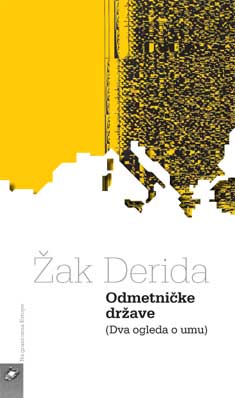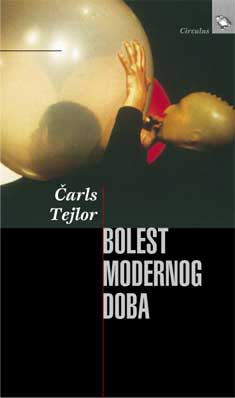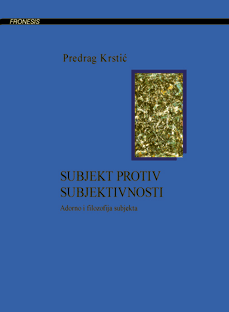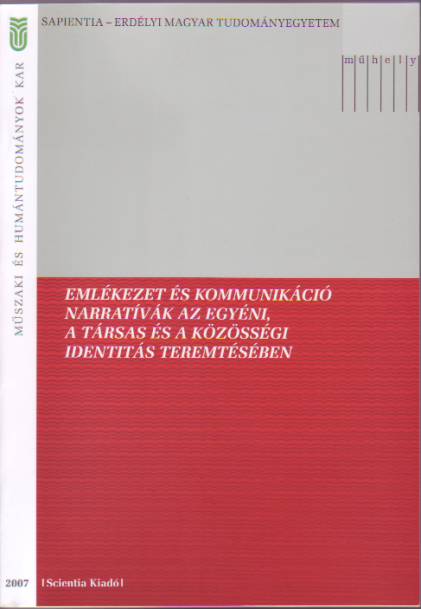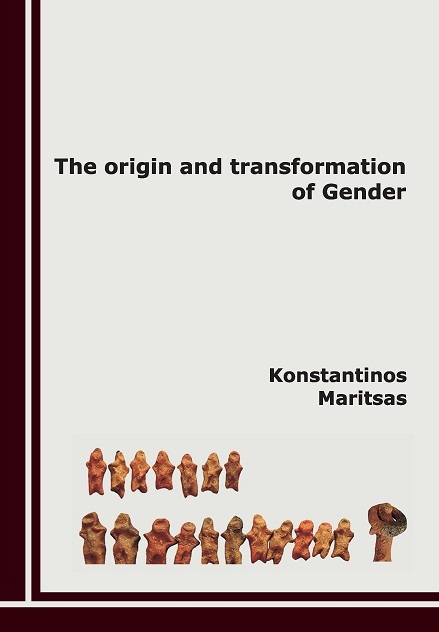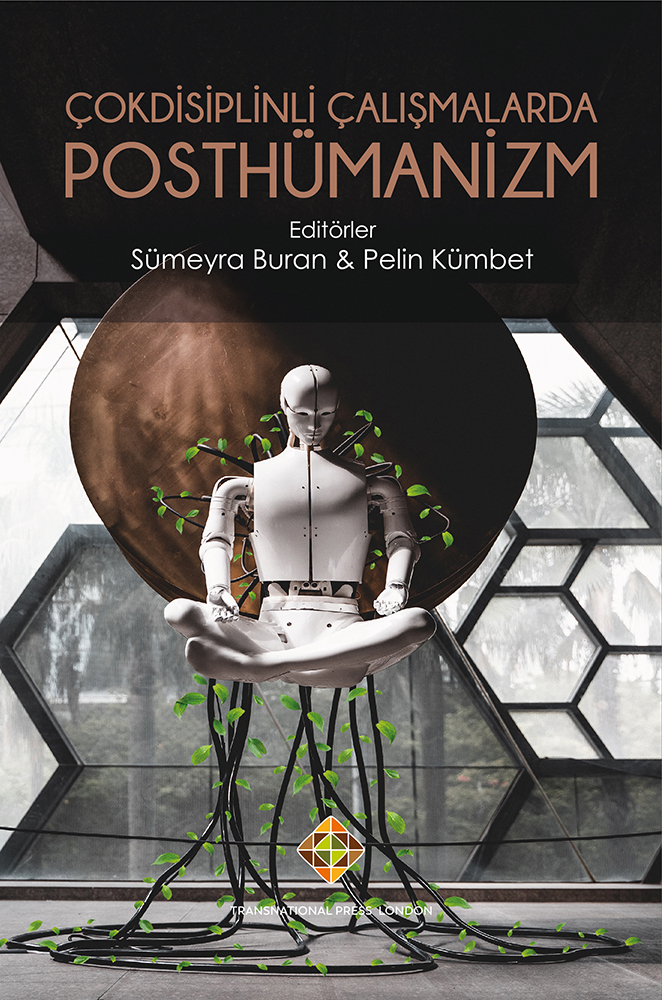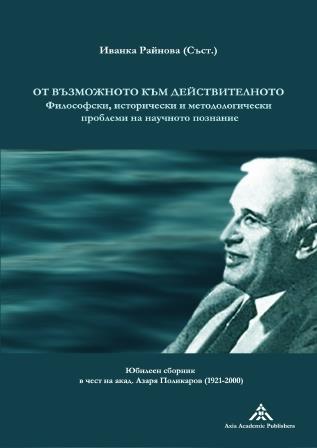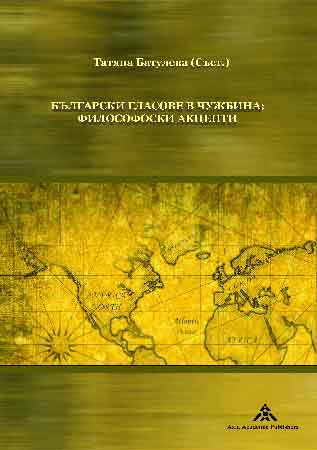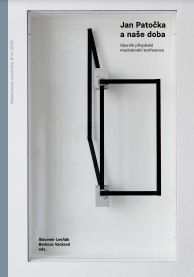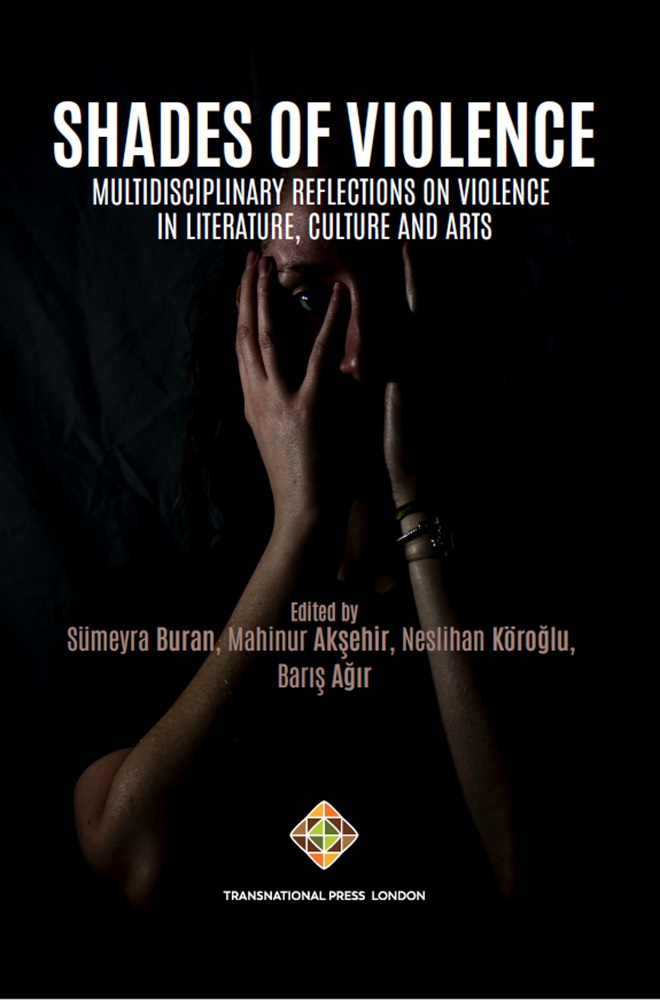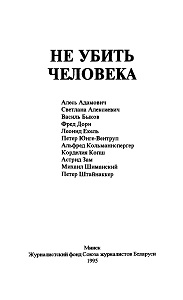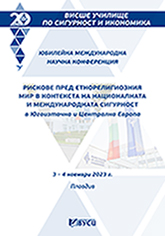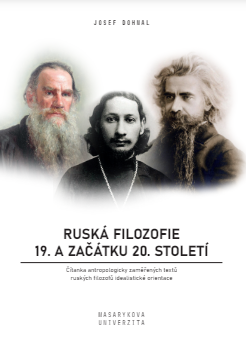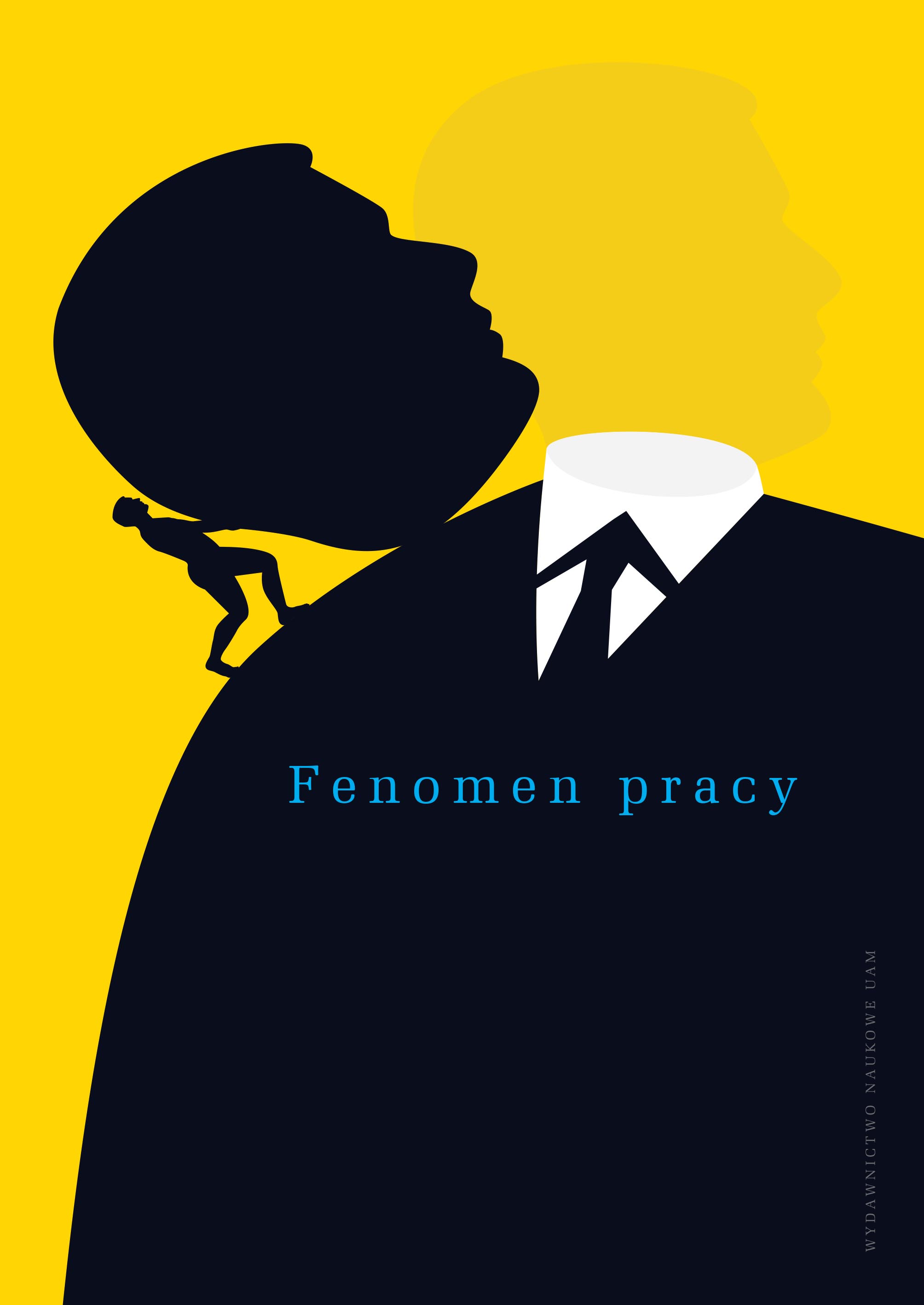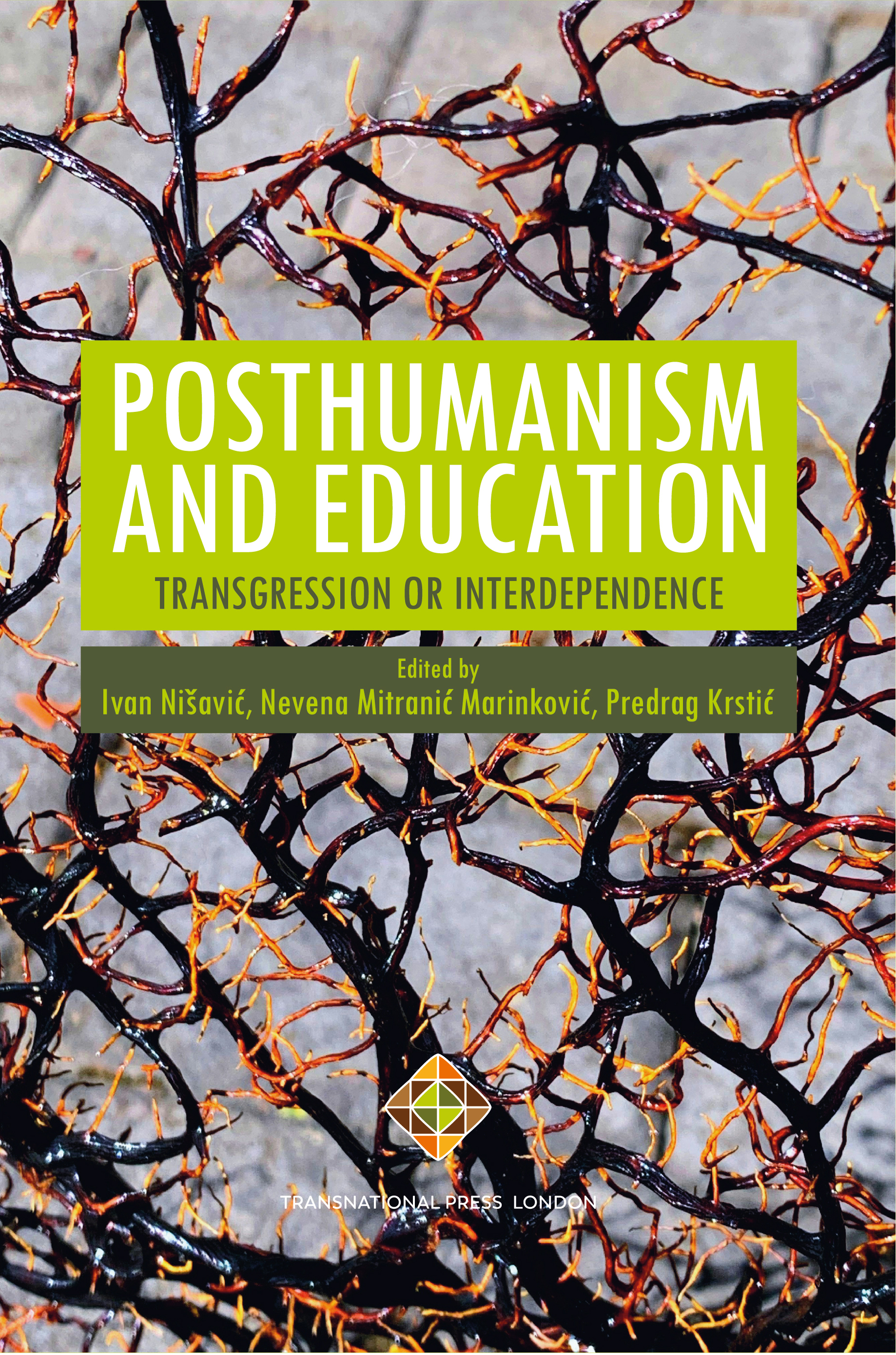Author(s): Konstantin Nikolayevich Leontiev / Language(s): Russian
Publication Year: 0
Не пора ли уж перестать писать о Пушкине и о всех тех, кто блистал и действовал на его московской тризне? Довольно!… Общество русское доказало свою «цивилизованную» зрелость, поставило Пушкину дешевый памятник, – по-европейски убирало его венками, по-европейски обедало, по-европейски говорило на обедах спичи. По обыкновению своему, интеллигенция наша ровно, по этому поводу, ничего не выдумала своеобразного. У подножия монумента великого русского творца не обнаружилось ни одного молодого и оригинального таланта ни в ораторском искусстве, ни в поэзии; говорили речи и стихи, и вообще, действовали тут все люди прежние, с давно определившимися взглядами и давно известные; блистали люди, которых молодость прошла при прежних условиях, более сходных с условиями, развившими самого Пушкина. Враждебно ли или сочувственно относятся все эти таланты к старому порядку и его остаткам – все равно; они все обязаны этому поруганному прошлому как впечатлениями своими (то есть содержанием своих творений), так и умственными силами своими, трудившимися над воспроизведением этого содержания, данного русскою жизнью… Нового ничего!… Ни изобретательности в форме чествования, ни какой бы то ни было ум поражающей свежей мысли, либо вовсе неслыханной, либо давно забытой и просящейся снова в жизнь. Многое из сказанного и написанного по этому поводу было где-то и когда-то, наверное, тоже сказано или написано теми же самыми лицами или иными, и гораздо лучше, и полнее. Один только человек, как слышно, выразился по поводу пушкинского празднества вполне оригинально: это – граф Л. Толстой. Печатали, будто он, отказываясь от участия в этом празднестве, сказал: «Это все одна комедия!» 1 Я не думаю, чтоб это было так. Отчего ж комедия? Вероятно, многие были искренни в своем желании почтить память Пушкина… И хотя мне очень нравится эта независимость графа Толстого, его капризное пренебрежение к современности нашей, но я не вижу нужды соглашаться с тем, что все это – притворство и комедия. В искренность я готов верить; я желал бы видеть только во всем этом больше национального цвета, побольше остроумия и глубины. Все это, быть может, и очень тепло; но тепло как пар, не замкнутый в какую-либо форму. Тепло, даже горячо, порывисто, но рассеялось скоро и не осталось ничего. Все надежды, все мечты, и мечты вовсе не картинные! Правду сказали в «Вестнике Европы» (я где-то это прочел), что и в том «смирении», которое хотят признать уже довольно давно отличительным признаком славизма, есть много своего рода самохвальства и гордости, ничем еще не оправданных…2 Довольно об этом. Больше всего сказанного и продекламированного на празднике меня заставила задуматься речь Ф. М. Достоевского. Положим, и в этой речи значительная часть мыслей не особенно нова и не принадлежит исключительно г. Достоевскому. О русском «смирении, терпении, любви» говорили многие, Тютчев пел об этих добродетелях наших в изящных стихах3 . Славянофилы прозой излагали то же самое.
More...
